Why commercial solar makes sense for your business today
Slash your energy bills! Get a free boiler upgrade if yours was installed before 2005—government-funded, hassle-free!
Energy prices in the UK have soared, with the commercial energy market now worth £106 million, a 72.3% increase since 2012. For small and medium-sized businesses, this means higher overheads and tighter margins. Installing commercial solar panels can reduce annual energy bills by £4,595 to £11,895 on average (depending on system size).
With a return on investment between 16% and 45%, and a typical break-even point of just 4 to 5 years, solar panels offer a clear path to long-term savings. More than 134,000 commercial systems have already been installed across the country as businesses shift to clean energy.
Solar panels also help cut carbon emissions, improve ESG scores, and attract customers who value sustainability. Whether you run a small office or a large warehouse, you can benefit from lower energy costs, more control over your power use, and extra income through schemes like the Smart Export Guarantee.
This guide covers everything you need to know about commercial solar panels and how they can help your business, no matter its size.
Check Your Eligibility
Why should your business invest in solar panels?
With energy bills rising and long-term savings on offer, it’s clear why more businesses are turning to commercial solar. Once installed, solar panels start cutting costs right away. A medium-sized system can save around £5,000 per year, helping you protect your profit margins. Because most businesses use power during daylight hours, you get the full benefit of solar generation without needing expensive battery storage.
Solar panels also give your business more control. You’re less exposed to market price changes and energy supply issues. If paired with a solar battery, you can store excess power for use after hours. You’ll also cut carbon emissions, which can boost your ESG score and attract customers who value sustainability. Solar is no longer a nice-to-have—it’s a smart step toward long-term security and growth.
With the benefits clear, your next question is likely: what will it cost—and is it worth the investment?
What do commercial solar panels cost to install and maintain?
Understanding the full cost of commercial solar panels helps you plan ahead and avoid surprises. Here’s a breakdown of what you’ll need to budget for, from installation to ongoing upkeep.
Installation costs
The initial cost of commercial solar panels depends on the size of the system and your business needs. For small to medium-sized businesses, prices typically range from £16,000 to £60,000. This includes solar panels, inverters, mounting structures, and labour. Larger systems cost more but offer faster returns. For example, a 50 kW system may cost up to £60,000 but can break even in as little as 3 to 6 years, thanks to greater energy production and savings.
Maintenance costs
Once installed, commercial solar systems require very little upkeep. Routine maintenance usually involves a check by a professional every 4 to 6 years, along with regular cleaning to keep panels free of debris. Some companies offer maintenance packages tailored to your system size, which can help you avoid unexpected issues and costs.
Insurance costs
Adding solar panels to your business may slightly increase your insurance premium. This usually amounts to an extra £10 to £20 per month, depending on your policy. Alternatively, you can choose a dedicated solar panel insurance plan, which ranges from £400 to £1,600 as a one-time cost. The final price depends on the system size and the level of coverage you want.
While the upfront cost can seem high, there are several ways to reduce it. With the right support, you won’t have to cover the full amount on your own. Let’s look at the grants and financial incentives available to help your business get started with solar.
What are the available grants for solar panels?
Grants and incentives can make commercial solar more affordable for your business. Here are some options worth exploring.
| Grants | Running period | Eligibility | Potential savings |
| Smart Export Guarantee (SEG) | From January 2020 onward | Commercial systems up to 5MW, smart meter required, MCS certification needed | 5p to 15p per kWh exported to the grid |
| Annual Investment Allowance (AIA) | Until 31 March 2035 | Businesses investing in qualifying equipment, including solar panels (limit £1M) | Full tax relief on capital expenditure |
| Industrial Energy Transformation Fund (IETF) | 2024–2028 | Large, energy-intensive industrial businesses | Grant funding for energy-saving projects, including solar panels |
| Local Authority Grants | Varies | Depends on the local council’s criteria | Up to £10,000 or partial funding for solar installation |
Available grants are constantly updated, so staying informed is important. It’s a good idea to check your eligibility using the free tool at Energy Saving Grants. Once you know what support you can access, the next step is understanding how much you could actually save by switching to solar.
How much can your business save with commercial solar?
Installing commercial solar panels isn’t just about going green; it’s about keeping more money in your business. The amount you save depends on your system size, usage patterns, and available daylight hours. Below is a breakdown of typical annual savings and how long it usually takes to break even:
| System Size | Estimated annual savings | Break-even time |
| 10 kW | £2,435 | 5-6 years |
| 20 kW | £4,595 | 4-5 years |
| 50 kW | £11,895 | 3-6 years |
| 60 kW | £14,325 | 3-5 years |
| 80 kW | £24,055 | 3-6 years |
| 100 kW | £27,030 | 2-5 years |
Larger systems deliver faster returns thanks to economies of scale. Once you reach your break-even point, all further savings go straight back into your business. To get results like these, there are a few things you’ll need to sort out before installation. Let’s go through them.
Do you need planning permission for commercial solar panels?
Most businesses won’t need planning permission to install commercial solar panels, especially if the system is mounted on a roof and meets standard conditions. These projects usually fall under Permitted Development Rights, which allow certain changes without formal approval. However, you will need permission if the building is in a conservation area, is listed, or if you’re planning a ground-mounted system larger than 9 square metres. It’s always best to check with your local council before moving forward to avoid delays or extra costs.
For businesses thinking even bigger, there’s another option—installing a solar farm. Let’s look at what that involves.

See why people across the UK trust us for energy grants!



Maggie Di
Many thanks to the Energy Saving Grants team for guiding me through the entire grant qualification process up to installing new storage heaters. I am very happy with the result, they were very helpful, supportive and responsive throughout the process, I highly recommend them.
James Buckley
I’ve had a very good experience with energysavinggrants, they are very easy to contact and responsive, they were supportive and helpful throughout the whole process of survey insulation and installation of the heating which is of excellent quality, I highly recommend them, nice people.
Syed Ahmed
The company and the organisers did a fantastic job. They completed the work extremely well and very efficiently. All the employees were very respectful and considerate, the house looks great now and will enable us to be energy efficient. I would recommend this grant be available to all homes.
What is a commercial solar farm—and is it right for you?
For businesses with large energy demands or unused land, a solar farm could be a smart next step. Unlike rooftop systems, solar farms generate power on a much larger scale and often export directly to the grid. They require more space—around six acres per megawatt—but can deliver high returns and long-term energy security.
Here’s a quick comparison to help you decide which option suits your business:
| Feature | Rooftop Solar Panels | Commercial Solar Farms |
| Location | Mounted on existing rooftops | Ground-mounted on open land (e.g. fields, brownfields) |
| Space Requirements | Utilises available roof space | Needs ~6 acres per MW capacity |
| System Size | Typically 10–100 kW | 500 kW to several MW |
| Power Usage | Powers on-site operations | May supply on-site or feed directly into the grid |
| Planning Permission | Usually not required (Permitted Development Rights) | Typically required; more regulatory scrutiny |
| Installation Time | Shorter (few weeks) | Longer due to scale and permissions |
| Best For | SMEs and businesses with high daytime energy usage | Large-scale industrial, agricultural, or multi-site firms |
| Return on Investment | 4–6 years typical | Higher CapEx, but potentially faster ROI with grid export. Power Purchase Agreements (PPA) may also be available. |
Solar farms involve more planning and investment, but the upside can be substantial, especially for larger operators with expansion goals or available land assets. They also contribute to national renewable targets and can support local economies through job creation and infrastructure development.
If you’re considering this route, or simply want to explore the best solar setup for your site, we’re here to help.
Understanding your purchasing options
Once you’ve decided to go solar, the next step is choosing how to fund it. The right payment option depends on your cash flow, long-term goals, and whether you want to own the system outright. Here are the three main ways businesses in the UK are paying for commercial solar today:
🔁 Power Purchase Agreement (PPA)
This option lets you access solar energy with zero upfront cost. A third party installs, owns, and maintains the system on your site. You agree to buy the electricity it generates at a fixed, discounted rate over a long-term contract—ideal for predictable savings without capital investment.
💷 Asset Finance
With asset finance, you spread the cost of the solar system over time. This flexible funding option helps you preserve working capital while improving energy performance. It’s a practical route if you want to own the system eventually but need to protect cash flow now.
✅ Purchasing Outright
Buying the system outright gives your business full ownership from day one. You benefit from the fastest return on investment, maximum long-term savings, and full access to all generated energy. This option suits businesses ready to invest upfront for total control and long-term value.
No matter which option you choose, commercial solar can deliver long-term value for your business. Whether you want to minimise upfront costs or take full ownership from the start, there’s a solution that fits your needs. What matters most is getting the right advice and support to make the process smooth and stress-free.
At Energy Saving Grants, we guide you through grant applications and connect you with trusted installers to bring your solar project to life, whether it’s on your roof or on your land.
How do we help your business install solar panels from start to finish?
At Energy Saving Grants, we make it easy for your business to go solar. Our team handles everything from checking your eligibility to helping you secure grants and coordinating the full installation. You’ll get clear guidance, no hidden fees, and support at every step—from your first enquiry to the final panel on your roof.

Initial Site Survey
Modelling and savings forecasts
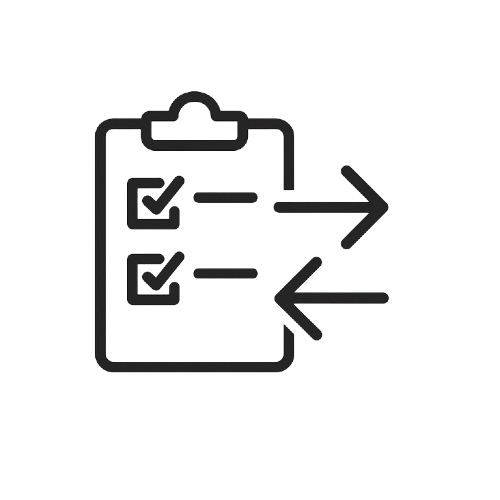
Options Appraisal
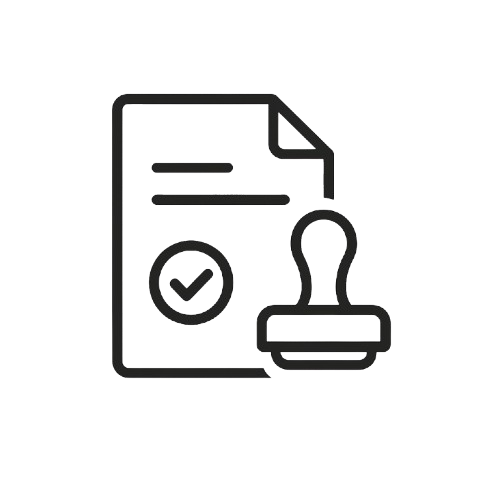
Planning Consent
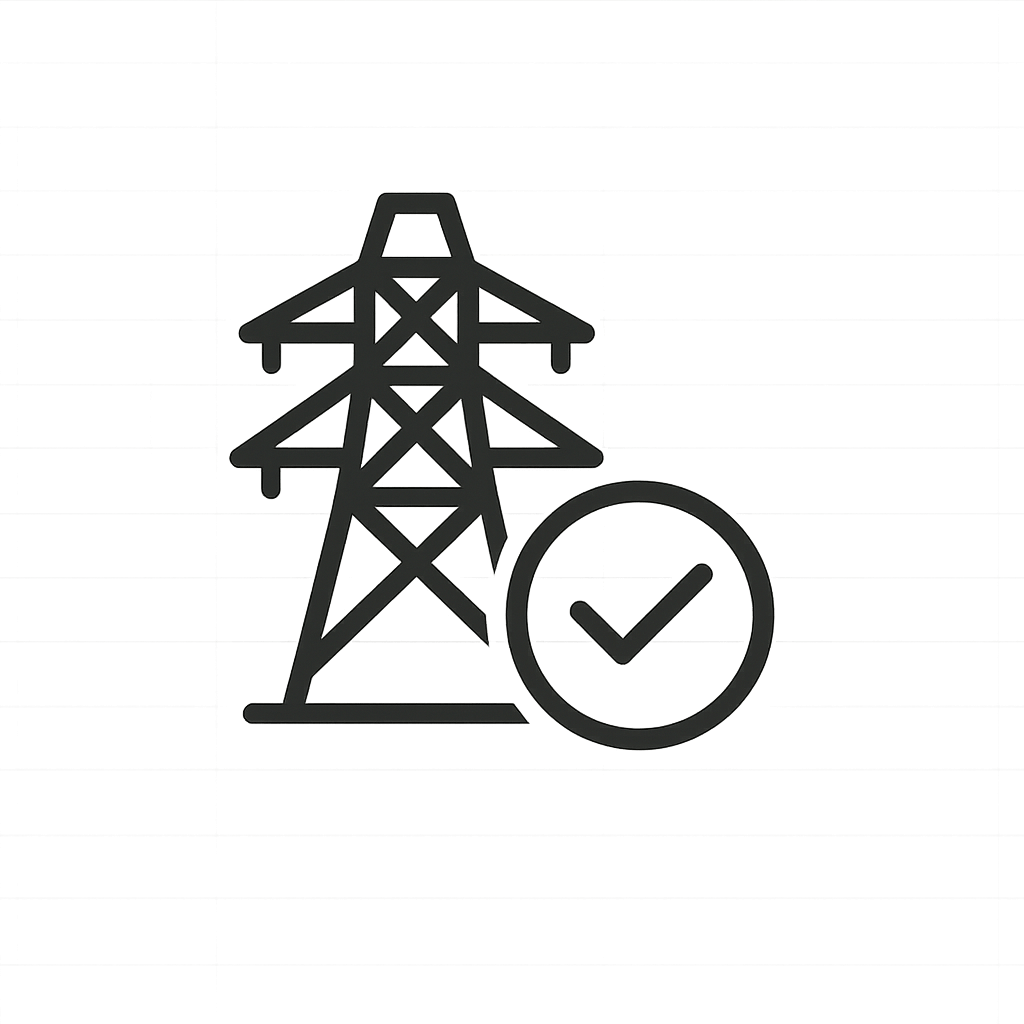
Distribution Network Operator (Grid) Consent
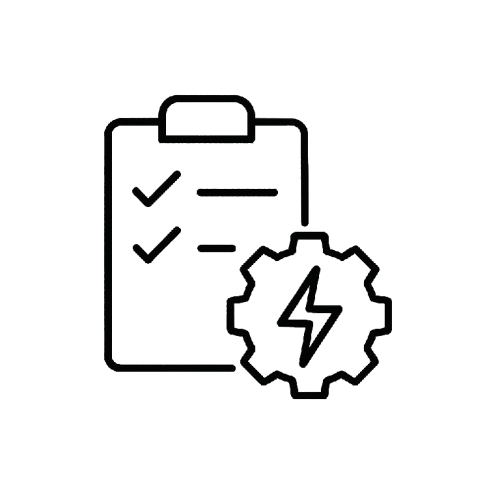
Structural and Electrical Assessments

Legal Due Diligence and Title Consents
As Applicable

Contractual Paperwork
(Lease/PPA)
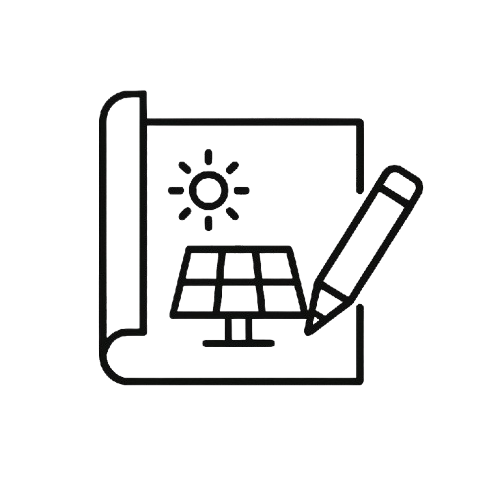
System Design

Construction

Operations and Management

Sustainability and Education Programmes
Who we work with
We specialise in helping businesses that use a lot of energy—ideally those with annual consumption over 200,000 kWh. If your energy bills are consistently high, commercial solar could deliver major long-term savings for your operation. Our team understands the unique needs of energy-intensive industries and how to tailor solar solutions that deliver results.
We commonly support businesses across sectors such as:
- Engineering
- Manufacturing
- Logistics
- Wholesale
- Food production
- Hospitality
- Education
- Large office facilities
If your business operates in one of these areas, we can help you lower costs, cut emissions, and improve energy independence with a system that fits your space and power needs.
Take the next step today!
Ready to cut your energy bills and take control of your power use? Start with a free eligibility check today. It only takes a minute, and our team will guide you through the next steps with no obligation.
Call us on 0330 223 0333 or email info@energysavinggrants.org to get started.
Frequently asked questions about commercial solar panels
Commercial solar panels usually cost between £16,000 and £60,000 for small to medium-sized businesses. The final price depends on your energy usage, roof size, and system size. Larger installations with more complex needs can exceed this range, but they often offer faster returns.
Most businesses see a return on investment within 4 to 5 years. Larger systems that generate more electricity tend to break even faster due to lower cost per unit. After break-even, all energy savings directly benefit your bottom line.
Yes, there are several financial support options available, including the Smart Export Guarantee, capital allowance tax relief, and local authority grants. These can significantly reduce your upfront costs. If your energy usage is very high you may also benefit from a Power Purchase Agreement (PPA). We’ll guide you through the eligibility check and application process.
In most cases, no planning permission is needed for roof-mounted systems, thanks to Permitted Development Rights. But if your building is in a conservation area or if you’re installing a ground-mounted system over 9 square metres, approval may be required. We can help clarify what applies to your property.
Our services are tailored for high-usage businesses, but we’re happy to review your case. If your energy use is slightly below the threshold, you may still benefit from solar panels depending on your site and goals. We’ll help you assess the opportunity and explore suitable next steps.
Check Your Eligibility Using Our Grant Checker
Please ensure that all information provided below is 100% accurate. Any errors in your personal information could delay or prevent you qualifying for a government funded grant
Please note that you do not necessarily need to be in receipt of tax credits or benefits as we still may be able to obtain funding for you via your Council or through other funding schemes.